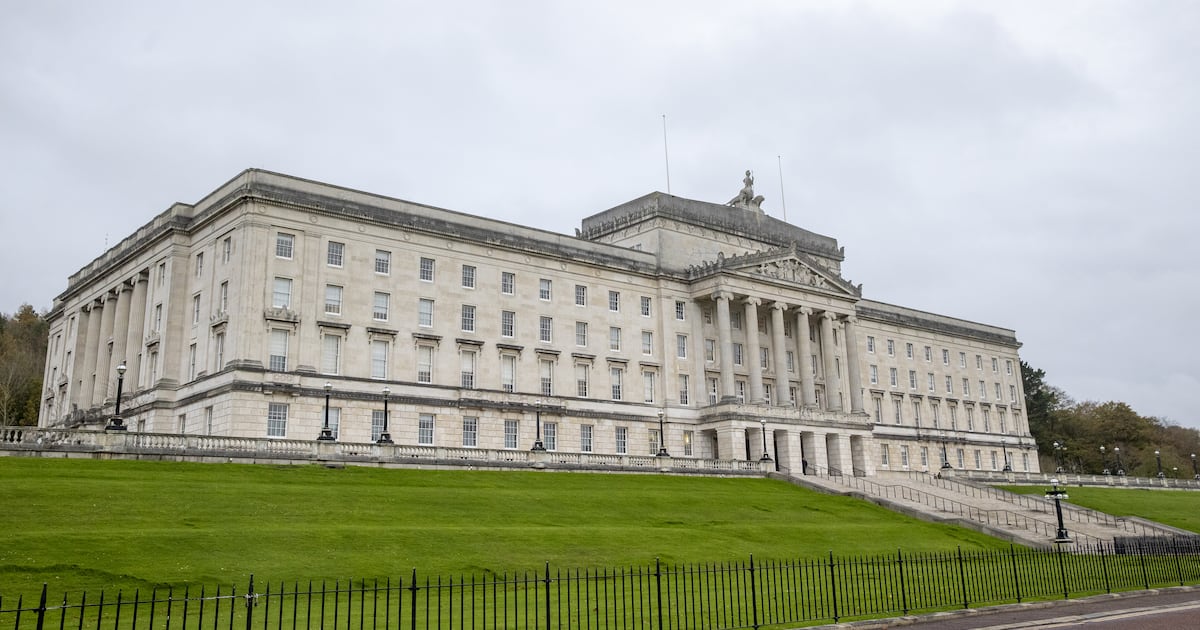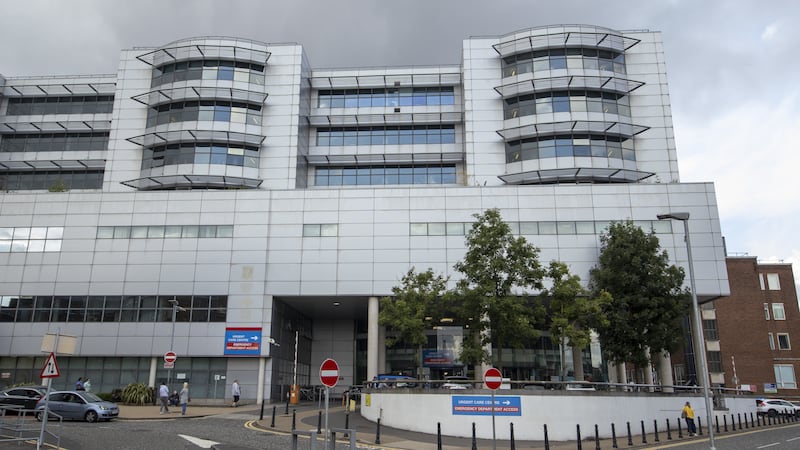September 13 1975
With that sense of realism we have come to expect of it as a party, the SDLP has announced its decision to ask the chairman of the Convention, Sir Robert Lowry, to draft a final report for submission to Westminster.
The decision would appear to have two immediate purposes. It seeks, as it says, to end divisive and quite pointless public debate which is only postponing the completion of the Convention’s appointed task; a delay which, as the Party says, is obviously not in the best interests of the people of Northern Ireland. It also, clearly, returns the initiative to Westminster which devised the Convention and requested its report.
The situation into which we have got ourselves here in the North is too complex to admit of any ready or easy solution, but there are two stark facts which must dominate any planning for good government, law and order, and peace with justice.
The first is that the only type of government which will work successfully is one representative at cabinet or top decision level of both sides of our community. The other is that the British form of parliamentary democracy – government by majority rule – will not work here because ours is not a community as in Britain united fundamentally in everything except the ends to pursue to achieve roughly the same aims. Ours is a divided community and governmental rule to be just must accordingly be shared by the two communities.
But the continuing failure of the majority of Unionists to recognise and act on these facts – a failure which is placing their whole economic well-being and United Kingdom membership in jeopardy – takes us back to the one basic problem which has bedevilled all life here. It has been with us more or less since the Plantations. It has been here in acute form for almost a hundred years: sectarianism.
Probably because it is a travesty of religion it has always, in an almost mythical way, brought forth only poisonous fruit: arid division, hatred and fanaticism, and continual feverish unrest. The “peace which passeth understanding” has never been known in this sad corner of the land.
The British succumbed to its destructive pressures in 1921 when they drew a border line through historic Ulster deliberately excluding a large Catholic population which might have challenged the essential permanent Protestant Unionist majority. Since that time, words like “democracy” and references to the British parliamentary system remains as hollow as references to “socialism” in Soviet Russia or to the “will of the people” in Mao’s China.
Irish News editorial, as the Convention was on the brink of collapse, spelling out its view that power-sharing was the only option in a jurisdiction like Northern Ireland.


